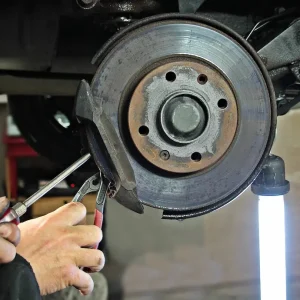I’m not going to go into a lot of detail about the recent fuel shortages because they have been so well documented in the press.
However the point that I want to look at is the panic culture that seems to have developed within the UK. Whether its food shortages in the supermarkets, weather disruption or fuel at the forecourts, the tendency appears to be panic first and ask questions later.
Granted, when it comes to recent events Government comments didn’t help, but I couldn’t believe the queues that I saw at the forecourts for a strike that firstly, hadn’t been confirmed and secondly, was a minimum of seven days away.
All this happened while the experts in this area were urging drivers not to panic and to maintain their usual refuelling patterns.
When you panic you make rash decisions which are often bad ones and can end up costing you more. We recently saw people driving out of their way to get fuel, sitting in long queues with the engine idling and examples of forecourts inflating their pump prices.
Yes, some people were running out of fuel and had no choice but to refuel, but many others just panicked.
So regardless of whether you’re a driver or a business managing a fleet of vehicles, there’s definitely a lesson to be learnt around not making snap decisions. A considered approach tends to be the best one and key to this is planning.
Whether it’s around vehicle selection or individual journeys, planning allows you to manage costs in the most effective way.
And when something happens that you can’t legislate for, take a step back and make a rational decision, rather than the irrational approach that we sometimes see.
At this moment in time, its not clear if there will be a fuel tanker strike or not, but either way, lets hope that drivers can keep calm and refuel as normal – something that will benefit them, and the rest of us.
Follow BusinessCar on TWITTER.





